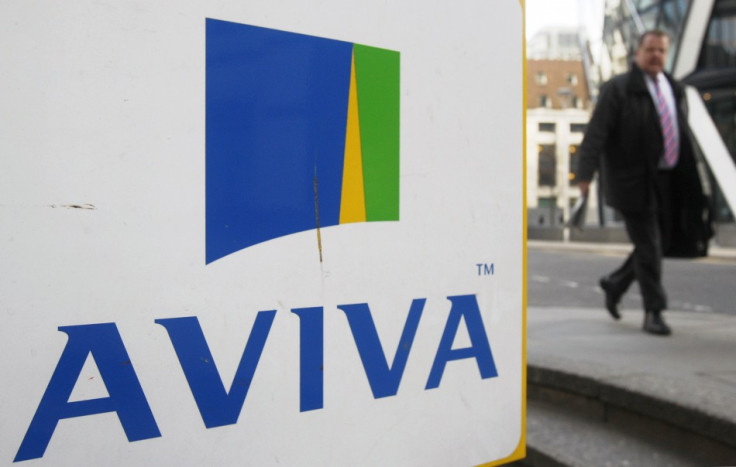Aviva New Business Value Rises on Higher Growth in Asia and UK

British insurer Aviva has posted an 18% rise in the expected value of its new business, a key measure of growth, in the first three months of the year driven by higher growth in Asia and in the UK.
New business in the first quarter grew to £191m ($291m/€226m) from the £162m recorded in the year ago period, the company said in a statement.
"Today's results demonstrate the first steps towards delivery. I am conscious of the challenges and do not want to set expectations at an unrealistic level. Progress so far has been satisfactory and there is a great deal more we need to do for our shareholders," said group Chief Executive Mark Wilson.
The UK's second-biggest insurer, while promising to cut expenses in the coming months, said first quarter operating expenses were already down by 10%, or £83m, year-on-year. However, this excludes a restructuring cost of £54m.
In April, Aviva informed staff about its plans to cut 2,000 jobs or 6% of its 31,200 global workforce.
Asian markets along with the UK and France reported stellar growth in new business, while southern Europe dropped or remained flat.
In UK Life, the value of new business jumped 33%, or £27m to £108m, impacted by actions on pricing and expenses. In France, the value of new business grew 11%, or £4m.
In Turkey and Asia, new business values increased by 67% and 29%, respectively. Singapore and China were the top performers in the Asian region.
Back in Europe, Spain and Italy reported a drop in the value of new business, falling to £3m and £4m respectively, partly because of a reduction in the euro risk-free rate used to calculate new business value, and partly due to mix and product issues. Poland reported flat growth in new business at £10m.
Aviva's combined general insurance operating ratio for the first quarter remained stable at 96%. A combined ratio refers to claims and expenses expressed as a proportion of premiums. A ratio below 100% points to an underwriting profit.
Aviva posted a loss in the financial year ending March 31, 2013, after a £3.3bn writedown on the US business it agreed to sell to American private equity firm Apollo Global Management, last December.
© Copyright IBTimes 2025. All rights reserved.






















